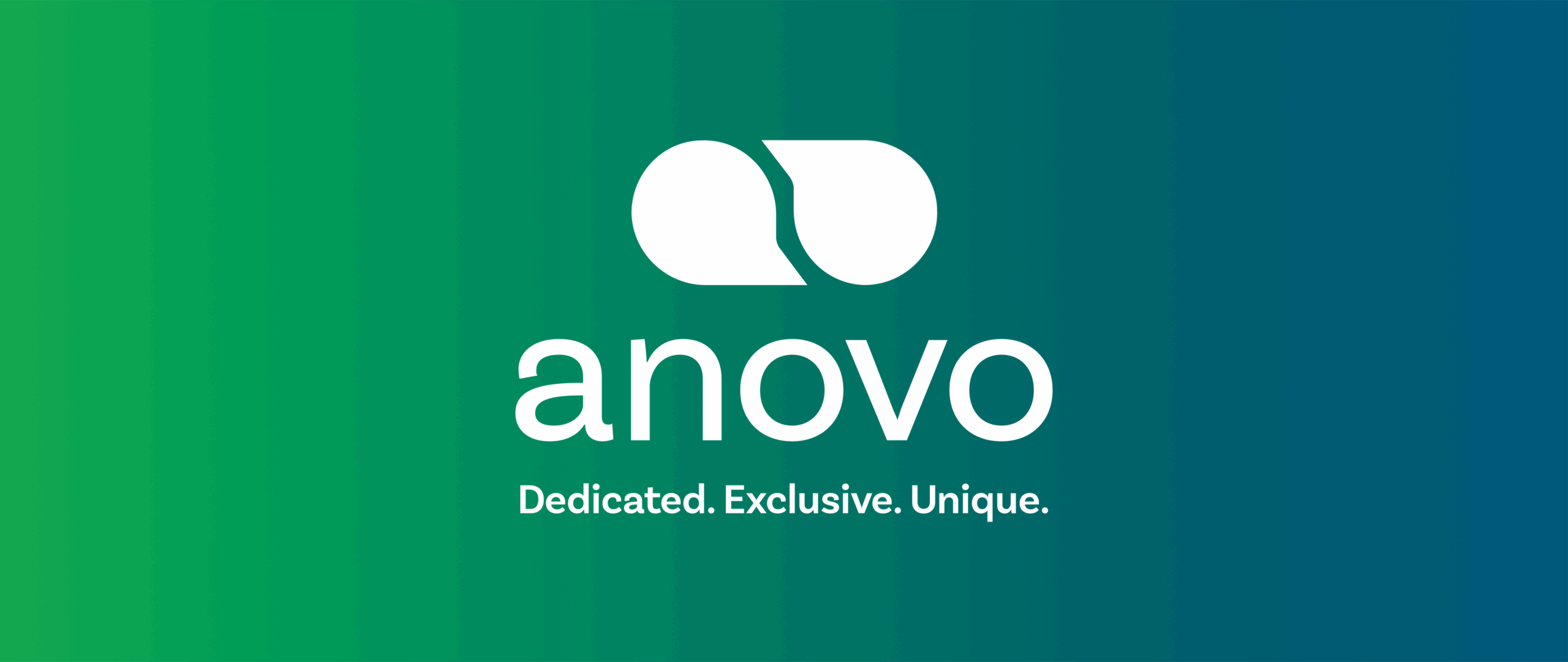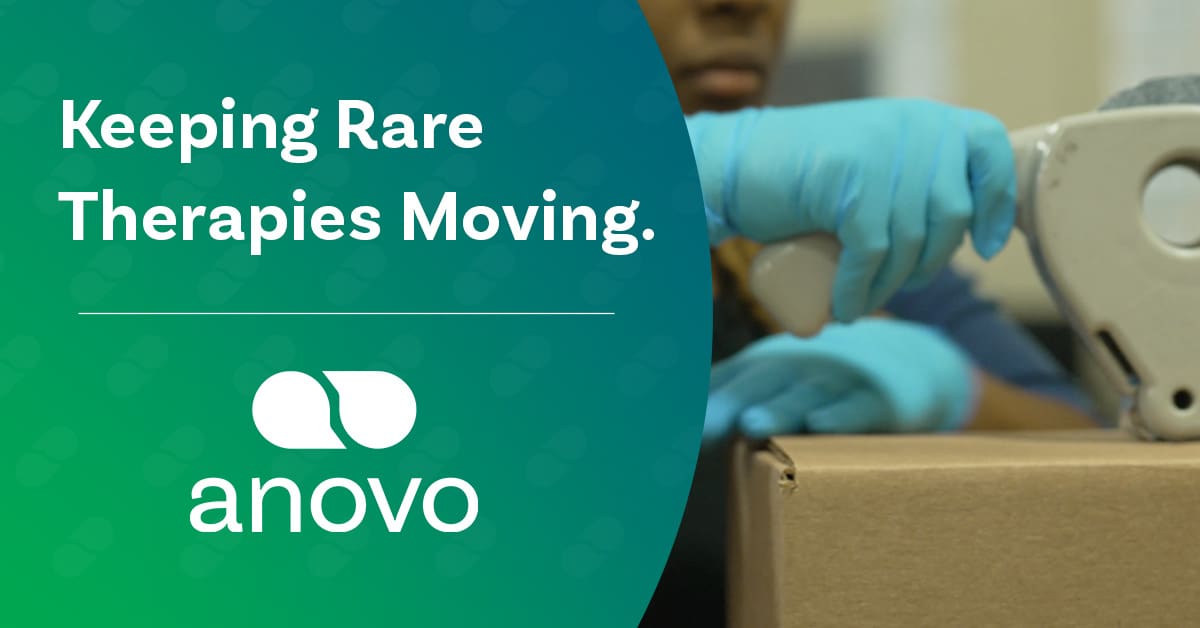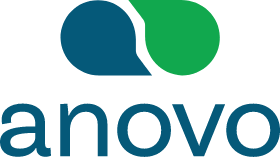Advancing Rare Disease Care: Insights from the World Orphan Drug Congress and AAN Annual Meeting
June 11, 2024
The World Orphan Drug Congress (WODC) and the American Academy of Neurology (AAN) Annual Meeting are where healthcare leaders, advocates, and policymakers come together to tackle the unique challenges of rare diseases and the latest advancements in neurology. We recently had the opportunity to attend both events and learn about the critical issues and innovative solutions shaping our industry. Here are four key takeaways we brought home with us.
Early Diagnosis and Intervention: Improving Outcomes for Rare Disease Patients
At AAN, new findings underscored the significant impact of early intervention in multiple sclerosis (MS) treatment. Dr. Derrick Robertson, leading the analysis of pooled phase 3 studies, revealed that initiating treatment within 3 years of symptom onset resulted in improved long-term outcomes for patients with relapsing MS.
A recurring theme throughout the WODC was the importance of early diagnosis in the management of rare diseases, particularly in adults. Since late diagnosis of rare diseases in adulthood can severely limit treatment options and increase financial burdens for patients, advocates emphasized the need for increased awareness and early diagnosis to prevent delays in treatment.
Discussions also included a call for clinicians to actively promote genetic testing to expedite diagnosis and provide clarity when symptoms alone may not suffice. However, disparities in diagnosis and treatment access, especially among minority communities, highlighted the ongoing equity challenges that must be addressed.
Our takeaway: Early intervention can profoundly impact disease progression and patient outcomes, which is why expanding access to uninsured, underinsured, and minority groups is critical to ensuring all patients receive the care they need.
Supporting Healthcare Professionals: A Vital Component of Rare Disease Care
Both the WODC and AAN placed a significant emphasis on prioritizing the mental well-being of healthcare professionals working with rare disease patients.
At WODC, a speaker shared startling statistics that underscored the urgent need for support, such as the sobering fact that male nurses are three times more likely than their female counterparts to commit suicide, and one physician loses their life to suicide every day in the US. In response to these challenges, initiatives like the Code Rare Program aim to equip clinicians with tools and resources to navigate the unique challenges they face while delivering quality patient care.
This sentiment was echoed at AAN, where discussions shed light on the alarming rates of burnout among neurology department staff. Neil Busis, MD, from the NYU Grossman School of Medicine, emphasized the need for systemic solutions to address burnout based on results from a pilot study among neurology departments throughout the US. Busis suggests implementing methods of recognition and appreciation, as they were highly rated in the study by faculty and trainees. However, he also cautions that mitigating this phenomenon cannot be accomplished using a one-size-fits-all approach.
Our Takeaway: While mental health struggles are not unique to the orphan drug industry, it is clear that we need to put systems in place to support medical professionals and individuals who work with rare diseases, where patient cases can be especially complex and emotionally taxing,
“At Anovo, we know healthcare professionals are asked to do so much more than just patient treatment. And we know how tough it can be for them when managing rare diseases. That’s why we offer dedicated support services – including insurance verification, prior authorization assistance, and dedicated nurse case managers for our patients and their health care professionals and caregivers – to help with administrative burdens and prioritize clinician well-being. Our goal is to ensure that prescribers have the resources they need to focus on what matters most: patient care.”
Jon Peters, Chief Executive Officer
Learn more about how we support prescribers.
Empowering Advocacy: Collaboration and Community Building
The role advocacy efforts play in driving progress in rare disease research and care was a hot topic at both AAN and WODC.
At AAN, Renã A. S. Robinson, PhD, highlighted the pressing issue of racial and ethnic disparities in Alzheimer’s disease (AD) research. Emphasizing the importance of inclusive study designs, Robinson discussed the need for community engagement to ensure the representation of historically underrepresented groups.
Jaime Imitola, MD, chief of the Division of MS and Neuroimmunology at UConn Health, also presented a call to action at AAN to address disparities in multiple sclerosis (MS) care. Highlighting challenges with access to care, particularly for marginalized communities, Imitola emphasized the importance of recognizing neurological symptoms in minority populations as potential indicators of MS. His presentation showcased the VISIBL-MS framework, a bilingual tool developed to increase awareness of MS symptoms and bridging language, culture, and health literacy to improve health outcomes.
At the WODC, experts spoke about the importance of initiatives like the CoRDS Registry. This centralized platform for data sharing and community building includes more than 19,400 participants covering 2,242 rare diseases. Patients benefit from enrolling in the registry by gaining access to emerging clinical trials and connecting with advocacy groups, while researchers leverage the diverse pool of deidentified patient data to advance rare disease research and develop comprehensive natural histories.
Additionally, one sickle cell disease (SCD) patient advocate highlighted the need for personalized, patient-centered care in emergency settings and spoke about the impact of implicit biases and discrimination faced by SCD patients. His recommendations for greater transparency and inclusion of diverse patient voices in decision-making processes could help to improve patient outcomes.
Our Takeaway: Collaboration, community engagement, and implementing inclusive study designs are essential, especially when working with rare disease patient populations that have been historically underserved.
“The Anovo team takes pride in supporting both patients and caregivers—it’s one of the reasons we love coming to work every day. We’re also passionate about working closely with advocacy groups and drug manufacturers to make a real difference. Together, we’re building stronger communities to help ensure every patient’s voice is heard.”
Alan Erck, Chief Commercial Officer
Policy and Regulation: Overcoming Systemic Barriers
At WODC, policy and regulatory challenges in rare disease care were also addressed, with a focus on improving access to pediatric healthcare and overcoming barriers to treatment post-FDA approval. Efforts to streamline Medicaid enrollment and broaden genetic screening programs were highlighted as potential solutions to enhance access to essential treatments for children and eligible patients.
Moreover, a session at AAN shed light on the political dimensions influencing brain health, including issues like drug pricing manipulation and access to vital medications. This discussion underscored the crucial role of neurologists in advocating for policy changes.
Our Takeaway: Advocating for policy reform can help remove barriers to care and ensure equitable treatment access for all patients.
In conclusion, the discussions and insights shared at the WODC and AAN underscored the collective commitment to advancing rare disease care through early diagnosis, advocacy, mental health support, access to all patients affected by rare diseases, and policy reform. As stakeholders continue to collaborate and innovate, there is hope for improved outcomes and enhanced quality of life for individuals affected by rare diseases worldwide.
At Anovo, we’re taking the lessons from WODC and AAN to heart. We will continue to actively collaborate with advocacy groups, healthcare providers, caregivers, and drug manufacturers and embrace a patient-centric approach to ensure that individuals affected by rare diseases receive the support, resources, and personalized care they deserve.
Related Posts

Nationwide Coverage: Anovo Geographic Reach and Service Consistency
True nationwide specialty pharmacy coverage requires comprehensive infrastructure, robust logistics partnerships, and operational systems designed to overcome geographic challenges. At…
October 24, 2025

Business Continuity Planning: Anovo’s Redundancy and Disaster Recovery
When patients depend on life-changing rare disease therapies, service interruptions can have devastating health consequences. At Anovo, our business continuity…
September 8, 2025

Behind the Delivery: How Anovo’s 3PL/Wholesale Team Keeps Rare Therapies Moving
At Anovo, every team plays a role in delivering hope to patients living with rare diseases. While many think of…
August 20, 2025
